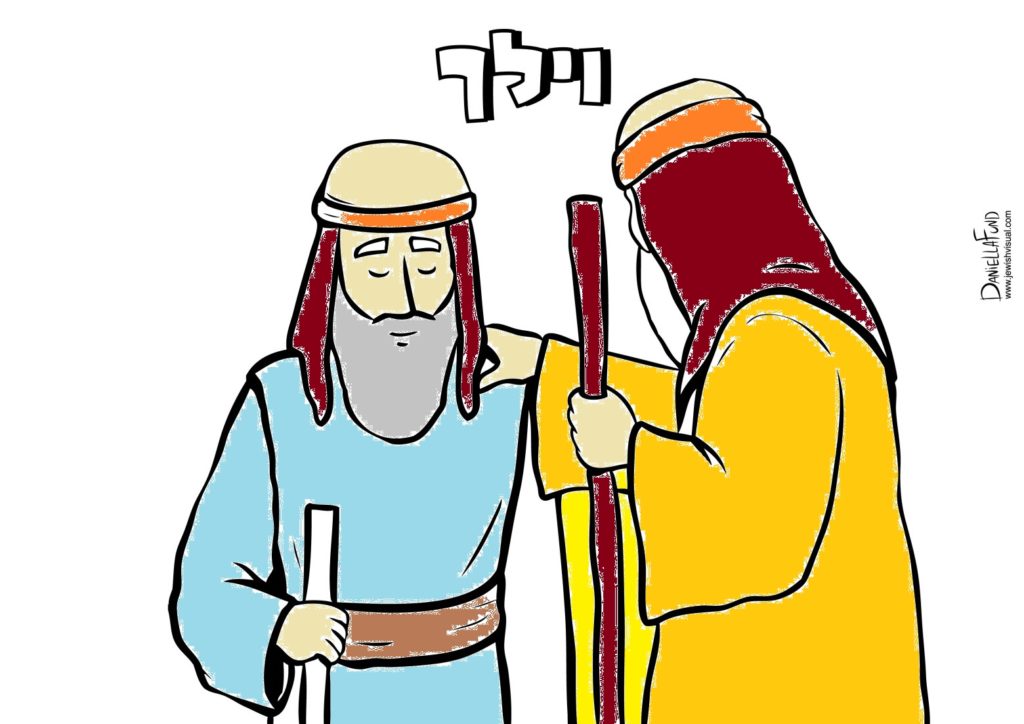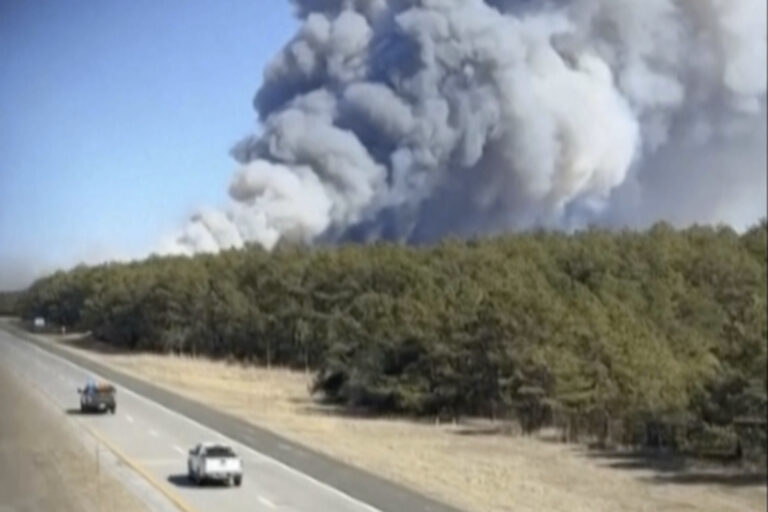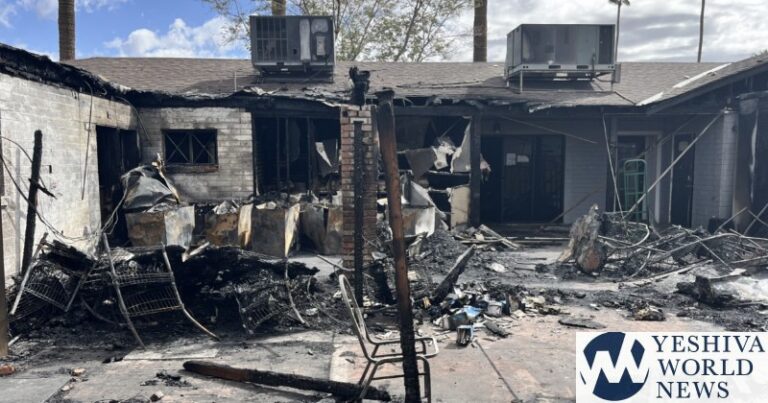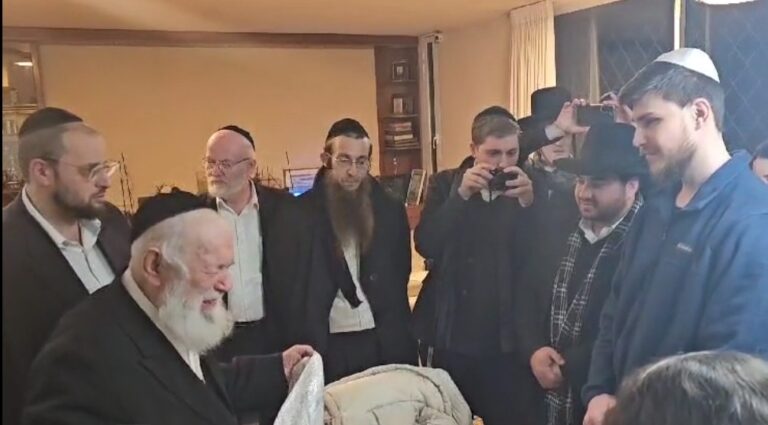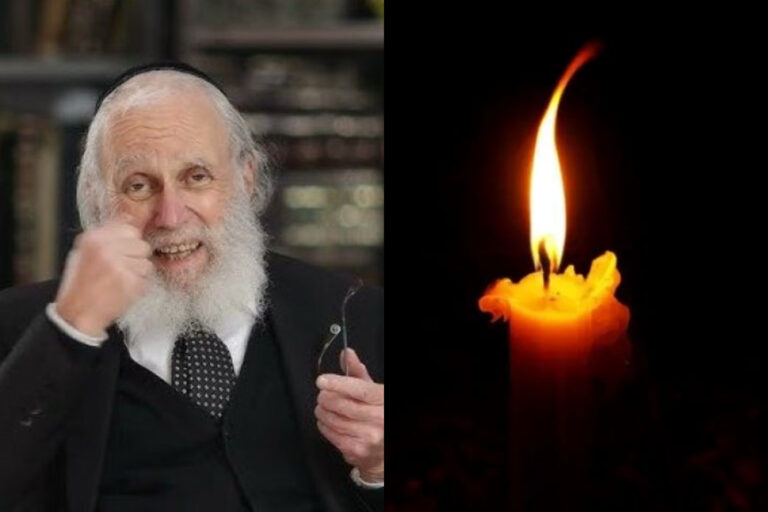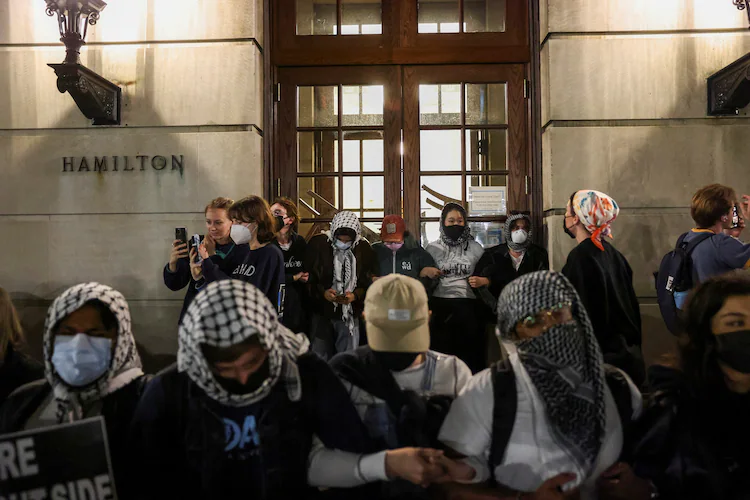Parshas Vayelech transpires during the last day of Moshe Rabbeinu’s life. The Sidra has 3 sections (Parshios).
- Preparing for the new leader
In preparing for the new leader, Yehoshua, the pasuk begins, “And Moshe went, and he said these things to all of Israel. The word “went – vayelech” without further elaboration seems somewhat strange. Where did he go? The Seforno explains that Moshe Rabbeinu awakened himself to the matter. After he had completed the matter of the covenant, something that would generate much excitement – he awakened himself to the idea that his death might mar and ruin the joy of the newly made covenant with hashem. In order not to ruin that joy – he addressed the issue of his passing in a manner of comfort. We see here something extraordinary – the extent of the concern that we should have not to mar the joy and happiness of another, and the extent of Moshe Rabbeinu’s selflessness. These are both important ideals that we may apply to our daily lives. Let us make every effort not to put a downer on someone else’s simcha. Let us also look at the selflessness of our Torah teachers.
- Yehoshua and the Torah
There is a difference in the verb cases used in Moshe Rabbeinu’s communication with Yehoshuah about how the nation of Israel will be brought into the land. In Pasuk 7 it says, “ki attah tavoh es haAm Hazeh – you will come with this nation to the land..” In pasuk 23 it says, “ki attah savih – you will bring.” Why the difference? The Chezkuni provides one answer. He explains that here in pasuk 7, Moshe Rabbeinu is speaking before all of Klal Yisroel and he wished to extend them kavod – honor. Later, he was speaking only before Yehoshuah alone – so Moshe Rabbeinu spoke more precisely. We see from here two points: The first is that it is always proper to extend honor to others and the second point is that sometimes it should be extended even to the point of not being precise in one’s words.
- Final preparations.
Hashem tells Moshe that after he passes away, “This nation will rise and commit adultery with strange goods of the land (Dvarim 31:16)..” The Ohr HaChaim questions the use of the word “rise” in this context. He answers that the nation of Israel will experience the challenges of having wealth and honor. These challenges are the underlying cause of the sin – when people are ill-prepared for these challenges. If we are aware that these two concepts wealth and honor can cause us to sin – we can better prepare to handle them.
The author can be reached at [email protected]

